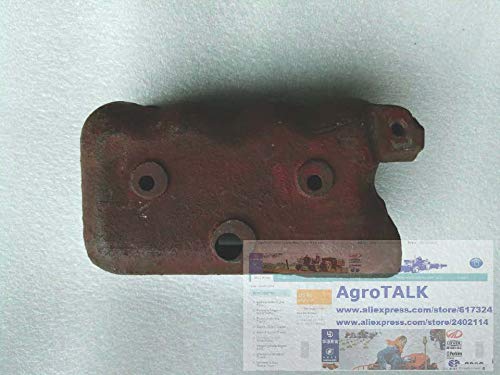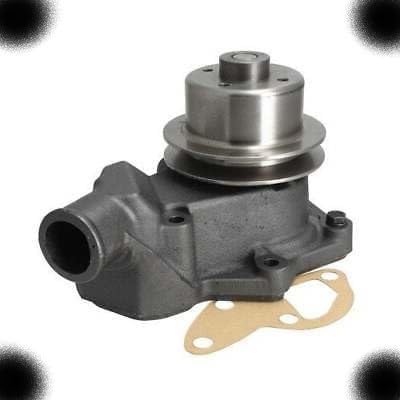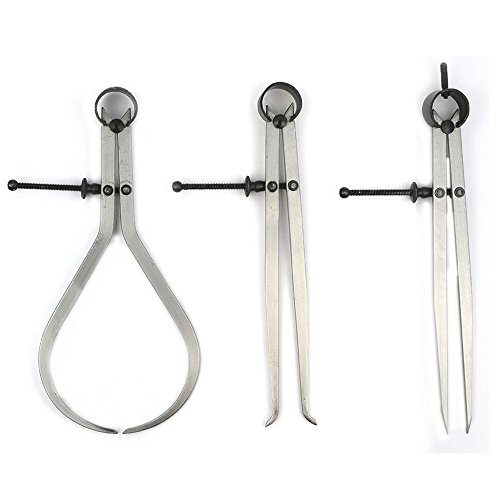- Joined
- Aug 25, 2007
- Messages
- 3,890
- Reaction score
- 715
Took the wife's 2000 Altima into the dealer for estimates to repair a water leak, an oil leak, and a bad engine vibration that shook the whole car. The dealer came back with the following estimate:
New Radiator, Hoses, & Backflush - $1,215.00
Replace 1 bad Motor Mount - $408.00
Replace Valve Cover Gasket - $135.00
Tax on all the above - $145.00
Total: $1903.00
As much as I hate working on cars, I decided to do the work myself. My cost broke down as follows:
JB Weld a crack in the plastic top on radiator - $7.50 (actually already had some on hand)
Motor Mount: $107.00 (including tax from Autozone)
Valve Cover Gasket set: $27.00 (including tax from Autozone)
Oh, and $110 to the dealer for diagnosing the problems...
Total: $251.50
I think I earned some money to go toward new toys, don't you?
Chuck
New Radiator, Hoses, & Backflush - $1,215.00
Replace 1 bad Motor Mount - $408.00
Replace Valve Cover Gasket - $135.00
Tax on all the above - $145.00
Total: $1903.00
As much as I hate working on cars, I decided to do the work myself. My cost broke down as follows:
JB Weld a crack in the plastic top on radiator - $7.50 (actually already had some on hand)
Motor Mount: $107.00 (including tax from Autozone)
Valve Cover Gasket set: $27.00 (including tax from Autozone)
Oh, and $110 to the dealer for diagnosing the problems...
Total: $251.50
I think I earned some money to go toward new toys, don't you?
Chuck



































































